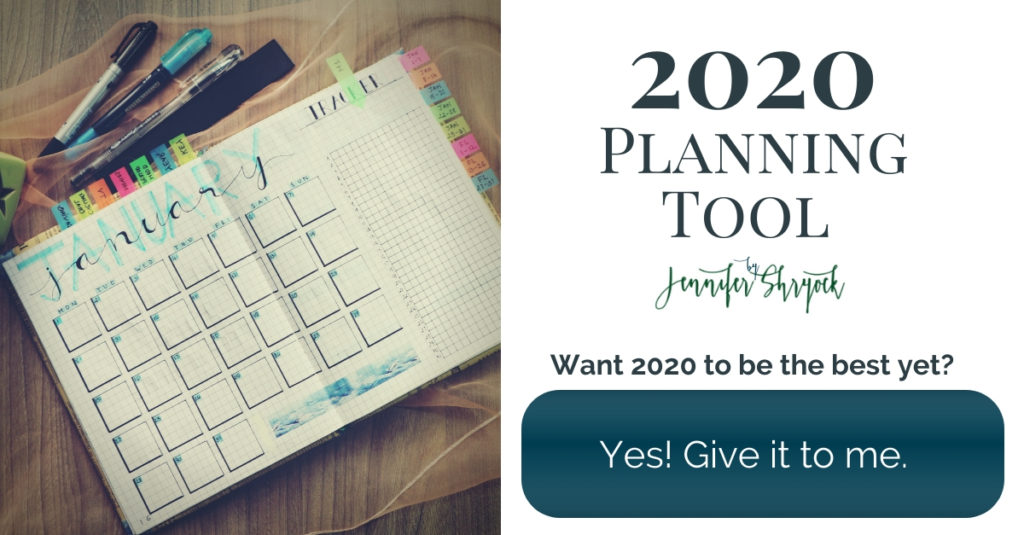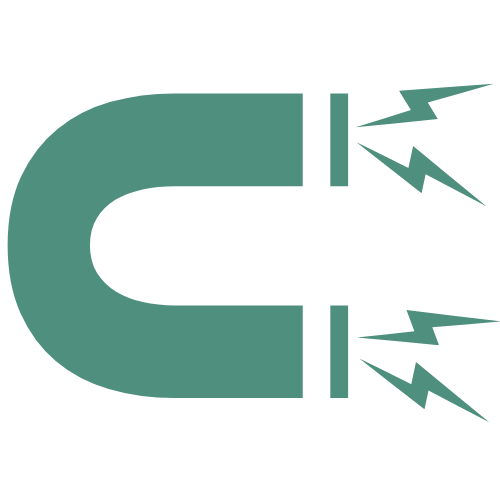When people ask, “How are you doing?” you might answer the tried and true fine. But maybe you’re really thinking, “I’m so busy. There’s no way I can keep up with all the items on my to-do list, all the emails coming in. I’m tired. I have no idea how to stop feeling overwhelmed. ”
If so, you’re not alone, not by a long shot.
Overwhelm is one of the top concerns my clients name. And they’re no slouches. They’re high-performers who get shit done. They’re Rainmakers, for goodness sake! And so are you, even if you’re paralyzed right now by all you want and need to do. Even if you’re so overwhelmed you don’t know where to start.

It’s tempting to simply work harder. Longer. And for short-term projects, that might even work. But to stop feeling overwhelmed – like most folks I know are experiencing – even the best work ethic isn’t the answer.
No one can do it all.
Just like all work and no play made Jack a dull boy, ongoing overwhelm leads to brain fog, stress, and burnout. Dull indeed.
The secret to stop feeling overwhelmed? It’s almost impossibly simple. The cure to overwhelm is to do less, not more.
Does that seem terrifying? I can practically hear you insisting that it all has to get done.
I get it. I’ve been there. I’m a recovering busy-addict, myself. And I can help.
Ready to relinquish busy as a badge of honor? Want to create more impact with less stress?
I’m so glad.
I’ve got you, boo.
How to stop feeling overwhelmed:
First, set an intention.
I’m a big believer in setting intention for situations big and small, especially when you want relief or change.
Intentions are different from goals. Goals are targets to achieve. They’re really valuable, but if you’re overwhelmed you probably don’t need one more goal right now.
Your intention can be super simple and straightforward, but setting one is powerful. You might find that simply by naming an intention, it becomes true.
Set an intention to release overwhelm. Or to trust that there might be a better way of doing things. Your intention might sound a little bit like a prayer. That works, too, even if you’re not sure who you’re praying to.
Simply state your intention. When you’ve got it, write it down.
“I want to stop feeling overwhelmed.”
“I want to feel ease and still be productive and make an impact.”
“Please help me be clear and inspired, rather than always feeling like there’s too much to do.”
#2. Get your list out of your head.
Write down every task on your to-do list, every project you’re planning, every element you’re thinking about. Put on some music, close the door, turn off your social media notifications, and give yourself the gift of a brain dump.
Don’t worry about organizing it, yet. The goal is to externalize all the information, questions, hopes and fears from inside your head to the written page.
I recommend going analog rather than using your computer, tablet, or phone. Constant digital notifications contribute to feeling overwhelmed. And you probably spend plenty of screen time, already. Am I right?
The simple physical process of writing things out on paper can begin to shift the overwhelm, even before you’ve made any decisions or changes.
#3. Focus on your highest-leverage work.
When you focus on the plans, projects, and tasks that make the most impact, you’ll be able to commit to fewer things. You’ll finish more. And you’ll do it without sacrificing results.
So, how do you determine your highest-leverage work? Think about which activities you most love and which you’re best at.
Michael Hyatt, bestselling productivity author of Free to Focus, talks about Passion and Proficiency. He says, “You put (passion and proficiency) together, those (activities) are usually where you’re going to add the most value, create the most leverage, and deliver the biggest results.”
If not prioritized, all 20 or 120 items on your list are tugging with equal urgency. Of course that’s overwhelming. To stop feeling overwhelmed, narrow them down to the top two or three highest-leverage activities and focus on those.
Determining your highest-leverage work is a great activity to share with a trusted friend, mentor, or a coach like myself. An outside perspective can help you laser in on where you’re most effective and detach from the idea of doing all the things.
They can also help problem solve how to off-load the rest of your list. Which brings me to the last step to stop overwhelm.
By the way, if this action plan is getting overwhelming, break it up. Take a break, move your body, and come back to the last step, later. But do come back, because my clients think this next step is the bee’s knees.

#4. Master the rest of your list with the Three B’s.
Best-selling author and my former teacher, Martha Beck, taught me this really nifty trick she calls the Three B’s.
The first B is for Bag It.
I’m gonna warn you right now: it’s simple, but this step is shocking. At first you’ll want to avoid it. But stay with me here, peeps. Once you get the hang of it, it’ll be totally liberating!
Simply go through the rest of your to-do list, all the stuff that’s left after you’ve chosen your highest-leverage work. What can you eliminate entirely, or bag? We’re talking Bag It as in toss it in the trash bag.
Warren Buffett famously says no to almost everything. He’s a consumate “bagger”! He’d tell you to pick your top two or three goals and throw everything else on your list away. Crazy, right?
Don’t worry, I’m not quite that radical. Because I know. If you thought it could be bagged, you wouldn’t have written it down on your brain dump or to-do list in the first place. Again, this is a great time to collaborate with a mentor or coach, to help you get ruthless with your red pen.
Which of the tasks on your list could you eliminate altogether? Or at least for now? Do you really have to attend all those meetings, for instance?
Painting your new office, on top of all the other things. Nope. Not now. It can wait.
And while we’re bagging stuff, take a moment to note your productivity quicksand, your distractions, and the habits that contribute to overwhelm and add up to lost hours over time. Think: keeping social media and email notifications on all day. Bag ’em, or at the very least, schedule your productivity sucking activities for 10 minutes in the morning and evening and stay out of the quicksand the rest of the day.
For high-performers, Bagging It is the hardest B. Don’t even think about moving on until you’ve bagged beyond your wildest dreams. You’ll be surprised how many urgent but unimportant tasks have been adding to your overwhelm and how easily you can live without their being completed.
The second B is for Barter It.
I’ll say it again: Don’t even think about jumping ahead to bartering until you’ve ruthlessly bagged every single task possible. You’re so used to doing everything, bagging it will feel like cheating. But do it. Trust me on this one? You can thank me later.
After bagging, go back through your (now much shorter, I hope) list. What can you delegate?
I once heard this amazing quote. “Never do anything of importance that others can or will do when there is so much of importance to be done that others cannot or will not do.”
Remember, you want to commit to and focus on your highest-leverage activities. Everything else? Bag it. And if you can’t bag it, barter it. This means delegating or trading the task with someone else.
Do you really need to go grocery shopping or can you have the groceries delivered? If there’s no delivery service where you live, pay a college kid to shop for you. How about letting your teenager use his new driver’s licence to take on the shopping duties?
Make sense? When you think of where you can make the most impact and what it costs you to feel overwhelmed, the delegation math more than works out.
The third B is to Better It.
Listen. I know you’re inclined to skip the bagging and the bartering. You’re used to doing it all yourself. Maybe you’ve worn the busy badge of honor, too. But girl? Shorten your list! Streamline your life. Bag and barter every single item possible.
Then, and only then, when your list is down to only your highest-leverage activities and the things of importance that others cannot or will not do, it is time to Better It.
How can you make make your remaining activities even better?
A few quick thoughts on bettering:
Timing. Better a task by scheduling it when you’re best suited to it. First thing, while you’re fresh? When you can move through it, like during a walk at lunch? At the end of the day, trying to beat the clock for motivation?
Make it a date: Turn an odious but essential task into one you enjoy by choosing to fall in love with the process. Embrace it. My aunt and uncle blew a fuse in my brain – in a good way – when I witnessed them turn bill paying into a date. They laid out their paperwork, poured two glasses of wine, set aside plenty of time, and went through each bill together. Light a candle. Brew your favorite tea. Add self-care to the activity.
Rewards: Offer yourself the incentive of a reward before, during, or after your task. Each day when you’ve achieved inbox zero, take a fifteen minute walk outside. Schedule a massage once you’ve turned over your tax info to your accountant. (Notice you’ve bartered the accounting, already.)
Give yourself permission.
You might believe overwhelm is inevitable.
You may worry that if you’re not crazy busy, you’re doing something wrong. You might feel guilty if you stop feeling overwhelmed, while others around you don’t. You might believe there’s nothing you can bag, barter, or better.
If that’s the case, get thee to a good friend or coach who has overcome overwhelm. Notice and challenge your beliefs that tie your self-worth to busyness.
You might need to unplug, take a day off, or go on a longer vacation to re-set your mind and your nervous system. It’s scary to do when your to-do list is looming, but it might be just the thing that helps you shift perspective.
As Brene Brown says, “It takes courage to rest and play in a culture where exhaustion is seen as a status symbol.”
Be brave. Give yourself permission to stop feeling and living overwhelmed.
What if it could be easy? What might it look like to operate from inspiration and expansion, from clear priorities, rather than overwhelmed obligation? How would it feel to commit to fewer things, but be free to go deeper and to complete more?
It might just change your life.
You’ve got this. Tell me everything.
To help, I updated the planning tool I created last winter, just for you. It’ll help you hone in on what you want to stop and what matters most to you, right now. Download my FREE 2020 Planning Tool.



